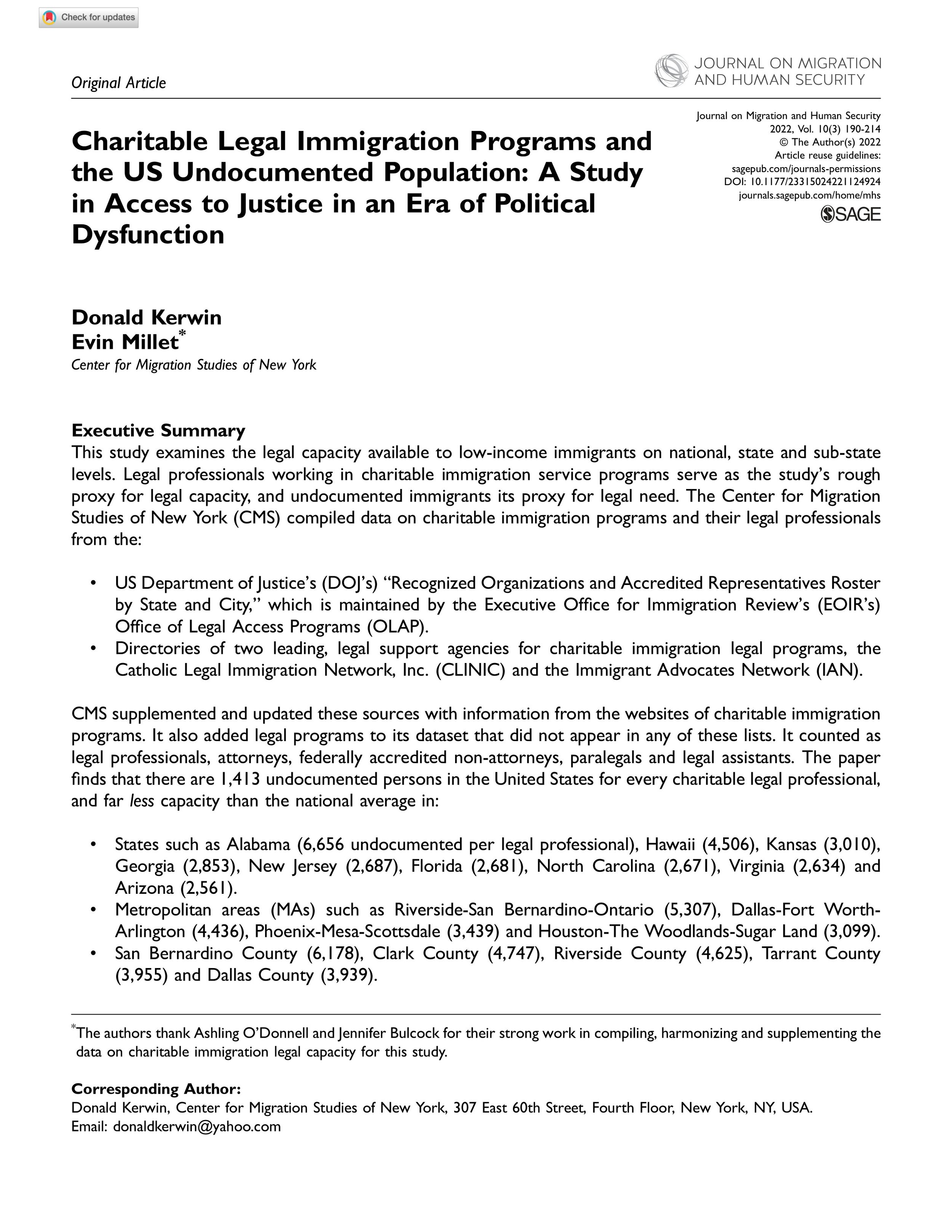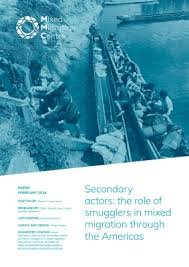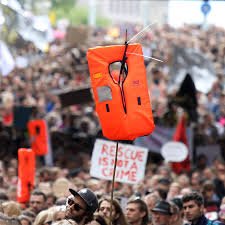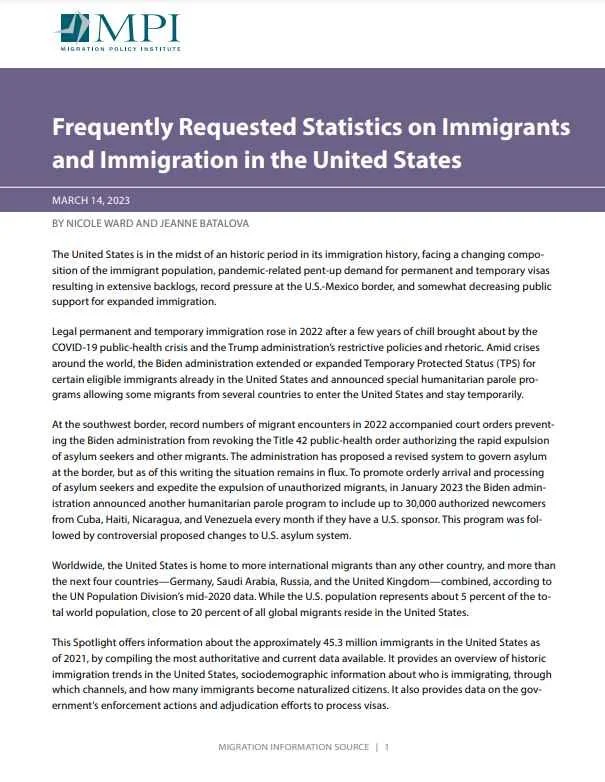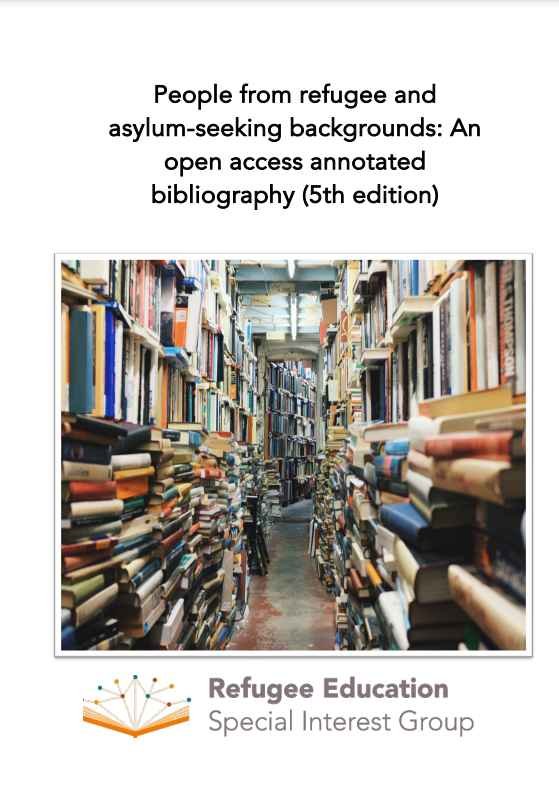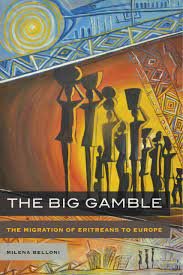By Claire Rimmer
Setting the scene for safe pathways: definitions and data Complementary or safe pathways are a relatively new addition to global refugee protection, and a particularly new phenomenon in Europe. Here, recent years have seen implementation of a growing number of safe pathway programmes, very often small in scale. This has created a complex landscape, involving many different stakeholders working in different ways, and involving different patterns of cooperation between host, destination and first asylum countries. As such, establishing common definitions is challenging, particularly given the necessary flexibility most programmes employ in order to succeed in their specific political and operational contexts. This study nonetheless identifies six types of pathway, showing that all safe pathway programmes include one or a combination of the six. They are as follows: 1) education, 2) labour mobility, 3) extended family members/ family unity, 4) humanitarian pathways and visas, 5) private and/ or community sponsorship, 6) and other, usually non-specific safe stay and entry options. Mapping safe pathways in Europe is further complicated by the limited availability of information on planned and current European programmes, and lack of transparency concerning the extent to which pathways achieve “additionality”, i.e. the extent to which they operate in addition to refugee resettlement and thus contribute to durable solutions for refugees. In some cases, they are rather a substitute for the – usually preferable – resettlement options. 2) European safe pathway programmes: what works? The study identifies a number of approaches and good practices which stakeholders believe have worked well, covering the range of pathways and programmes. It also identifies examples of promising new practices in both newer and more established programmes. The most important examples of what works
Brussels, Belgium: ECRE European Council on Refugees and Exiles, 2024. 58pg




